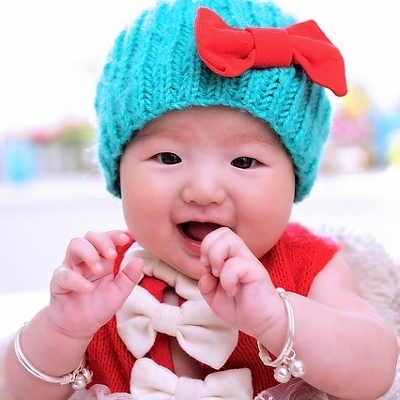Toddlers are just beginning to realize that their feelings and experiences are separate from everyone else’s. As a parent, you must help your child better understand this phenomenon by exploring feelings that people and animals potentially feel in a variety of situations. Through discussions, pretend play and behavior modeling, you can help your toddler develop empathy for others at an early age. Read on to learn more information.
Role Play
The easiest way to have empathy for others is by putting yourself in their shoes. During role-play, you can give your toddler a character to play in a specific situation to inspire empathetic feelings for that individual. Make sure to select scenarios that are not too sad or scary for your toddler. Good characters and situations to explore include losing a toy, falling down and arguing with a friend. Bring teddy bear and doll friends into the role-playing fray to give their perspective on the situation and further highlight the differences in emotion from person to person.
Watch Others
Brief people watching activities give your toddler a chance to learn about the world from a distance. Go to the mall or park and sit on a bench to watch the crowds together. Talk about how different people might feel when getting separated from a friend, going the wrong way or losing their wallet. Name the feelings they might be experiencing throughout the given situation. Discuss how you would might feel in the same situation to explore the various ways people respond to the world around them.
Humanize Pets
Dogs and cats also have an excellent ability to show a full range of emotions to your toddler. While observing your family pet, have your toddler guess what the animal is feeling at any given time. For example, if your dog loses their favorite toy, your toddler might guess that the pet is feeling sad or angry. Ask your toddler how the pet will feel after finding the toy to hear responses such as happy or excited.
Model Behavior
You have the best ability to show your toddler how individuals may feel when faced with specific situation or decision. You can speak your feelings aloud as you experience them to show your toddler how the emotions evolve at each moment. By naming your emotions, you stay mindful of your feelings, which can also help navigate trying moments that frequently crop up throughout parenthood. Encourage your toddler to name emotions aloud as well and compare the way you and him or her are feeling at the same time.
Do not feel discouraged if your toddler does not actively pick up the differences in each individual’s emotion right away. As your toddler matures into a preschooler, these brief lessons will come into play during social development. One day, your toddler might surprise you by stating your underlying emotions aloud, even as you try to conceal them from view. These lessons about empathy will not only help your toddler relate to others, but will also facilitate better emotional development throughout the years.











